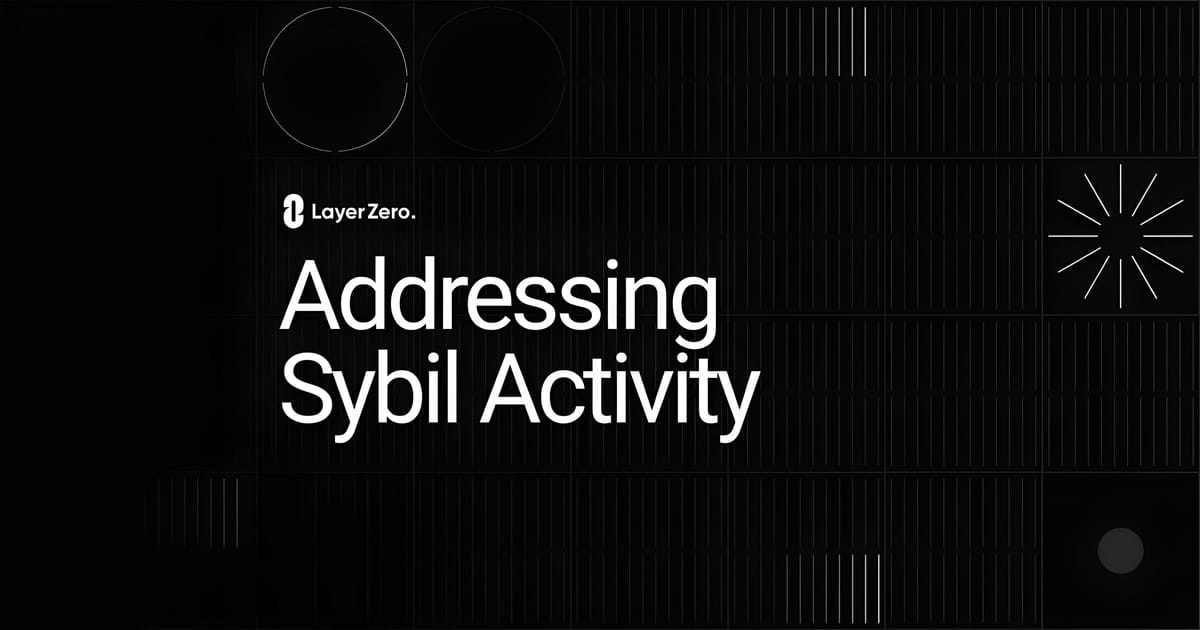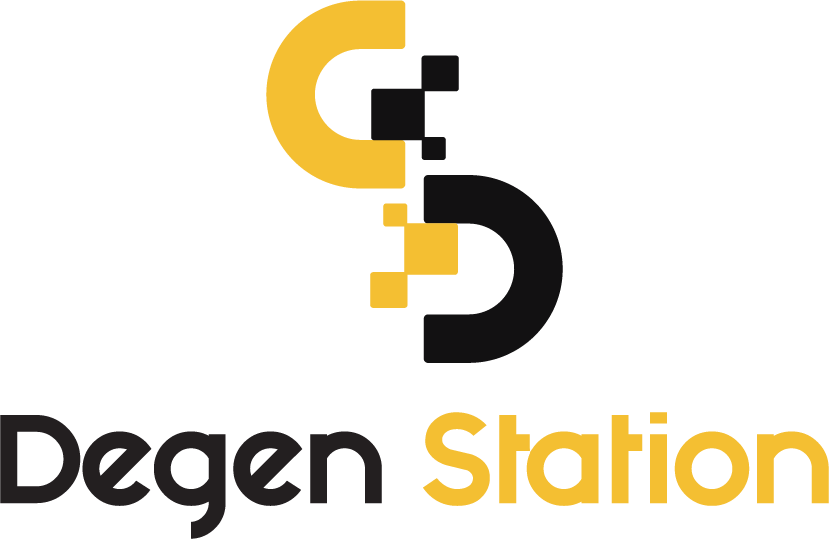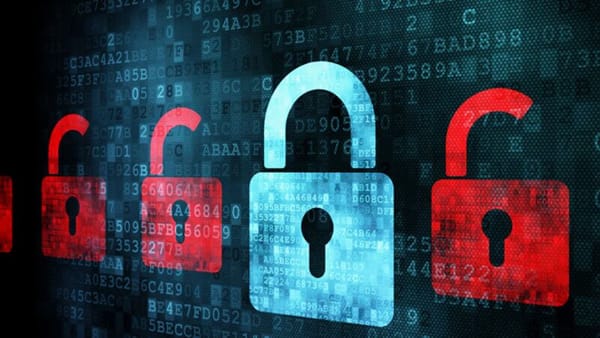LayerZero Requires Airdrop Participants to Self-Declare Sybil Behavior

Users who self-admit to engaging in sybil behavior with LayerZero stand to theoretically receive 15% of the airdrop, while those who do not may lose their entire share.

LayerZero Asks Airdrop Participants to Self-Declare Sybil Behavior
In a surprising move, the cross-chain project LayerZero has issued a requirement for users to self-report their sybil behavior to avoid being excluded from the airdrop recipient list.
Total number of @LayerZero_Labs users.
— DJ (@0xDeejay) May 2, 2024
Wonder how many would qualify for the airdrop. pic.twitter.com/quzHbNJGMR
Specifically, LayerZero disclosed that after 2 years of operation, the protocol has recorded interactions with over 6 million wallets. This information was also confirmed by CEO Bryan Pellegrino not long ago.
We believe it is in the protocol's best interest to distribute tokens to durable users — not sybil farmers.
— LayerZero Labs (@LayerZero_Labs) May 3, 2024
If you are a sybil, you have two options:
– Self-report sybil addresses for 15% of your intended allocation. No questions asked. The deadline to do so is May 17th.
– Do… pic.twitter.com/Kme9ZKckC7
As LayerZero prepares for an upcoming token airdrop event, the project aims to emphasize genuine user activity and sustainable contributions, rather than individuals solely seeking to profit from tokens and then exit through sybil behavior—creating numerous wallets and conducting basic transactions to meet airdrop eligibility.
Therefore, LayerZero has opened a sybil declaration portal for users, with the following commitments:
- Those who honestly declare will be allowed to retain 15% of the airdrop amount potentially due to their addresses.
- Those who fail to declare and are marked as sybil by LayerZero's system will forfeit their entire airdrop.
Users have 14 days to declare, with the deadline set for 06:59 AM on May 18, 2024 (Vietnam time).
Already had a cluster of 500 wallets self-report https://t.co/JYTn9ts7vx
— Bryan Pellegrino (臭企鹅) (@PrimordialAA) May 3, 2024
Subsequently, LayerZero will publish a list of flagged sybil addresses and initiate a bounty program for users to provide evidence accusing sybil activities. Those who provide convincing evidence will receive a reward equivalent to 10% of the airdrop amount that the identified sybil addresses were rightfully supposed to receive.
LayerZero also provides examples of behaviors considered sybil:
- Individual users operating dozens, hundreds, or thousands of wallets participating in airdrop farming.
- Minting valueless NFTs and transferring them across chains repeatedly to gain interaction points.
- Using sybil software such as Merkly, L2Pass, L2Marathon, etc.
- Employing bridging to transfer 0.01 USD multiple times across chains.
LayerZero also made a notable statement:
"If you suspect yourself of engaging in sybil behavior, then you truly are sybil."
Classifying Merkly users and people who bridged “valueless NFTs” is insane
— Blur (@BlurCrypto) May 3, 2024
It’s quite literally a use case of LayerZero
Using the refuel function on Merkly is genuinely valuable, and transferring ONFTs has been promoted by LZ themselves multiple times https://t.co/8aFyrjRPyC pic.twitter.com/sNFP5LgL4o
To self-report, users need to access the sybil declaration portal at sybil.layerzero.network, connect the wallets identified as sybil, and confirm ownership rights. LayerZero even provides APIs for those with numerous wallets engaged in airdrop farming to expedite the reporting process.
In conclusion, LayerZero emphasizes the importance of genuine user activity and pledges to reward those who truly deserve it.
CEO Bryan Pellegrino mentioned that within half an hour of opening the portal, the project received information "confessing" to a cluster of sybil involving up to 500 wallets.
The cryptocurrency community holds mixed opinions on LayerZero's decision. While many agree with filtering out sybil activities from the project, some express concerns. LayerZero initially relied on user airdrop farming activities to develop the protocol and attract community attention through metrics like trading volume or TVL. However, now the project is implementing stringent measures to weed out users engaging in sybil, even categorizing applications like Merkly as sybil—a product previously approved by LayerZero and the second most widely used protocol on LayerZeroScan. Furthermore, the capability to transfer tokens cross-chain at low gas fees, once touted as one of LayerZero's advantages, is now being scrutinized in sybil filtering.
LayerZero was more than happy to promote growth metrics that were inflated by airdrop farmers like tx volume
— Zach Rynes | CLG (@ChainLinkGod) May 4, 2024
But now, that same airdrop farming is being redefined as “sybil activity” even when a single address was used, with no clarity on what constitutes “real” activity or not… https://t.co/NrSetp9uBh
Some criticisms also point out that recent projects like EigenLayer, Renzo, Starknet, and friend.tech have been criticized for unfair token allocation, inflating market caps excessively with a low initial supply, and using programs like reward points and phased airdrops to "reverse farm" users, as well as intentionally concealing important information and being unclear in unlock schedules.





